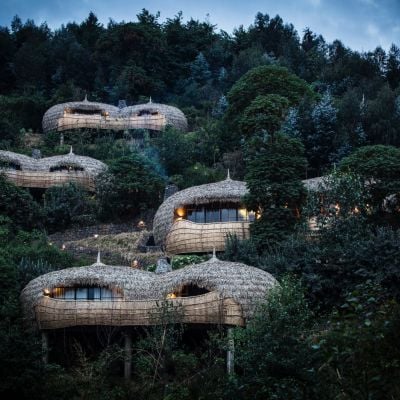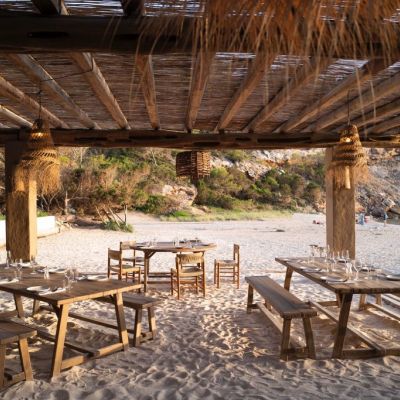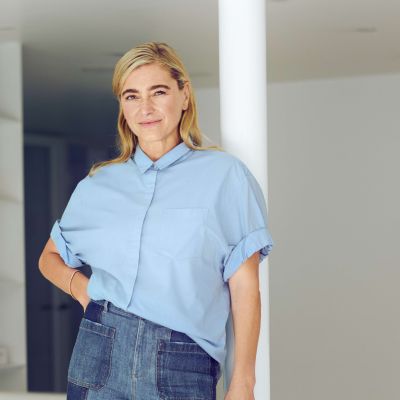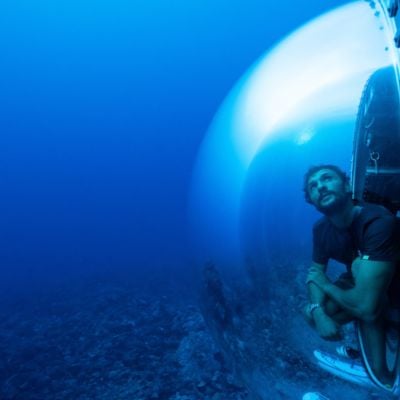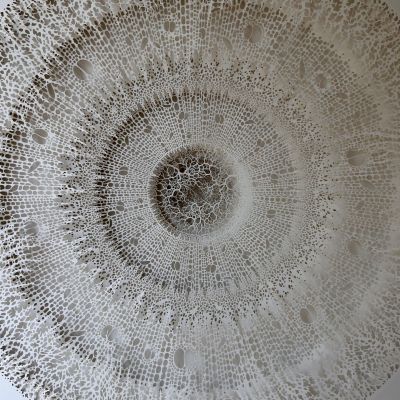The Amazon Reef That Holds A Key To Ocean Life
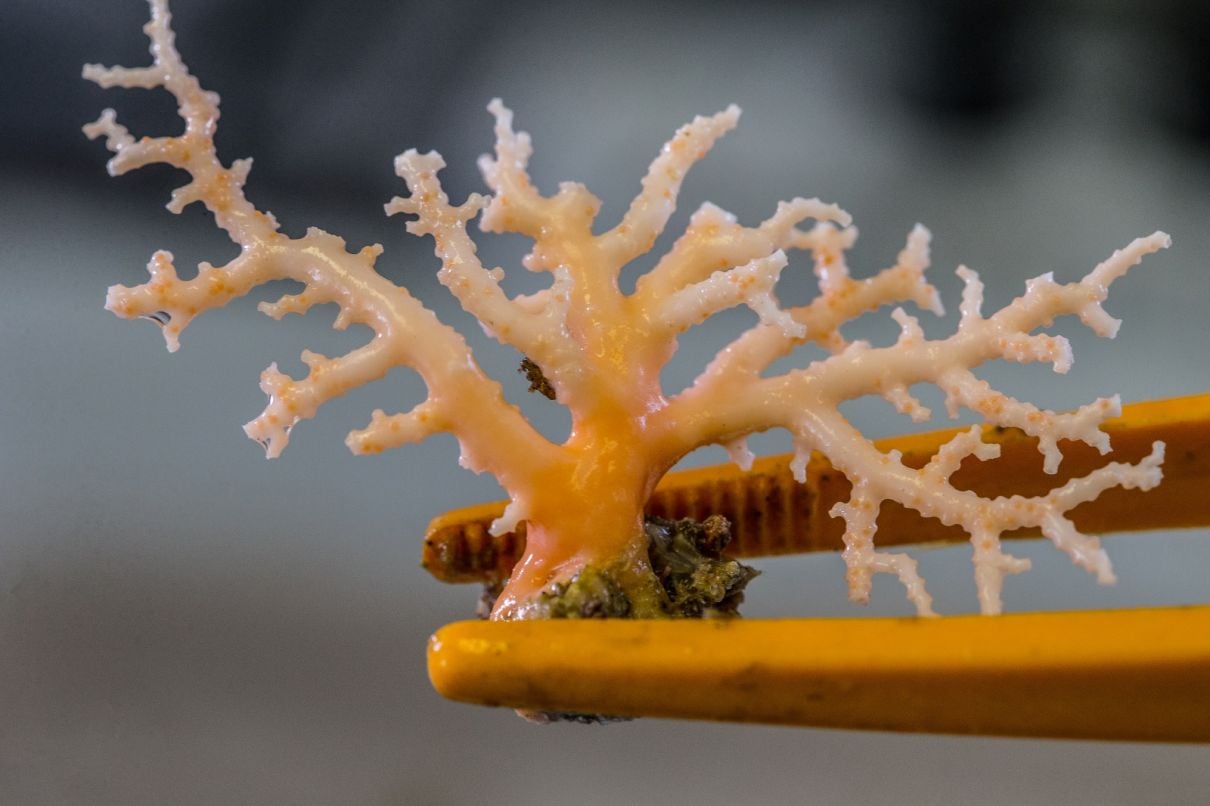
The recently discovered Amazon Reef is a truly unique ecosystem.
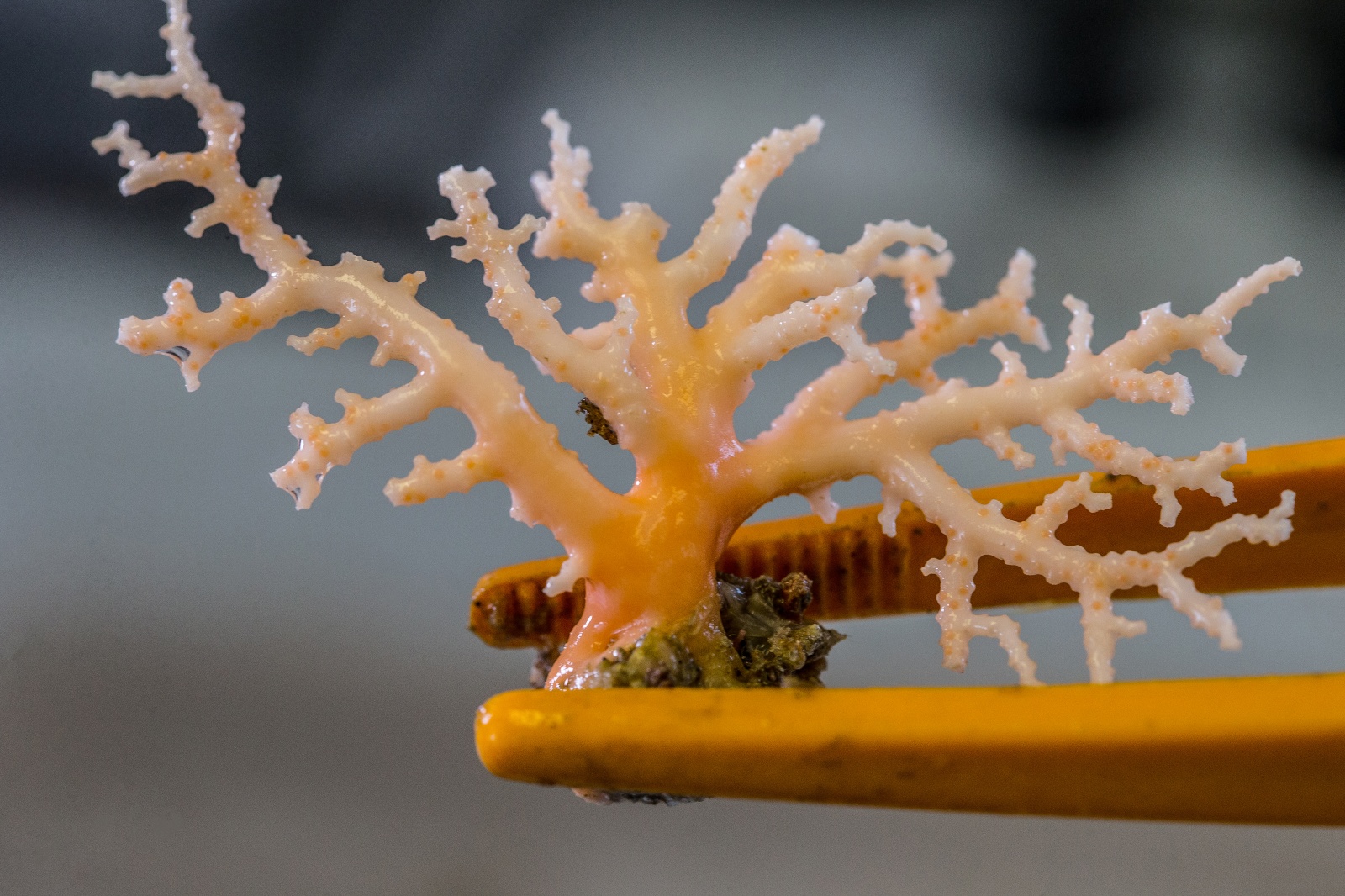
Back in 2016, scientists discovered an incredible reef at the mouth of the Amazon River and are now studying it with the help of Greenpeace. Returning from a third mission in the area, the Esperanza ship brought many secrets back with it. Oceans and oil campaigner Edina Ifticene of Greenpeace and leading international scientist and reef expert Dr Serge Planes highlight the importance of the Amazon Reef as a unique ecosystem.
What did the expedition bring to light?
Serge Planes: We discovered a completely new ecosystem. And a healthy one: the Amazon Reef is in equilibrium, which means the connection between the different elements are strong enough for it to react to an outside threat. It is resilient.
In any ecosystem, you look for the entrance to the food web. The Amazon reef is highly oriented on fauna that feeds on plankton. Suspensivores are the key element here: a family of big organisms that play an important role in clarifying water; they capture their food thanks to the currents.
Did anything come as a surprise?
Serge Planes: Yes, we found more diversity than initially anticipated: gorgonians, which are sea fans; black coral; ancestral urchins; hydroids, small predators related to jellyfish; scleractinia, also called stony corals or hard corals); sponges, and so on. We studied a variety of species that are usually found on coral reefs mixed with some species that usually live in deeper waters. We are facing a mix of different types of fauna: some are related to the north, the Caribbean, and others to the south, the Brazilian reef.
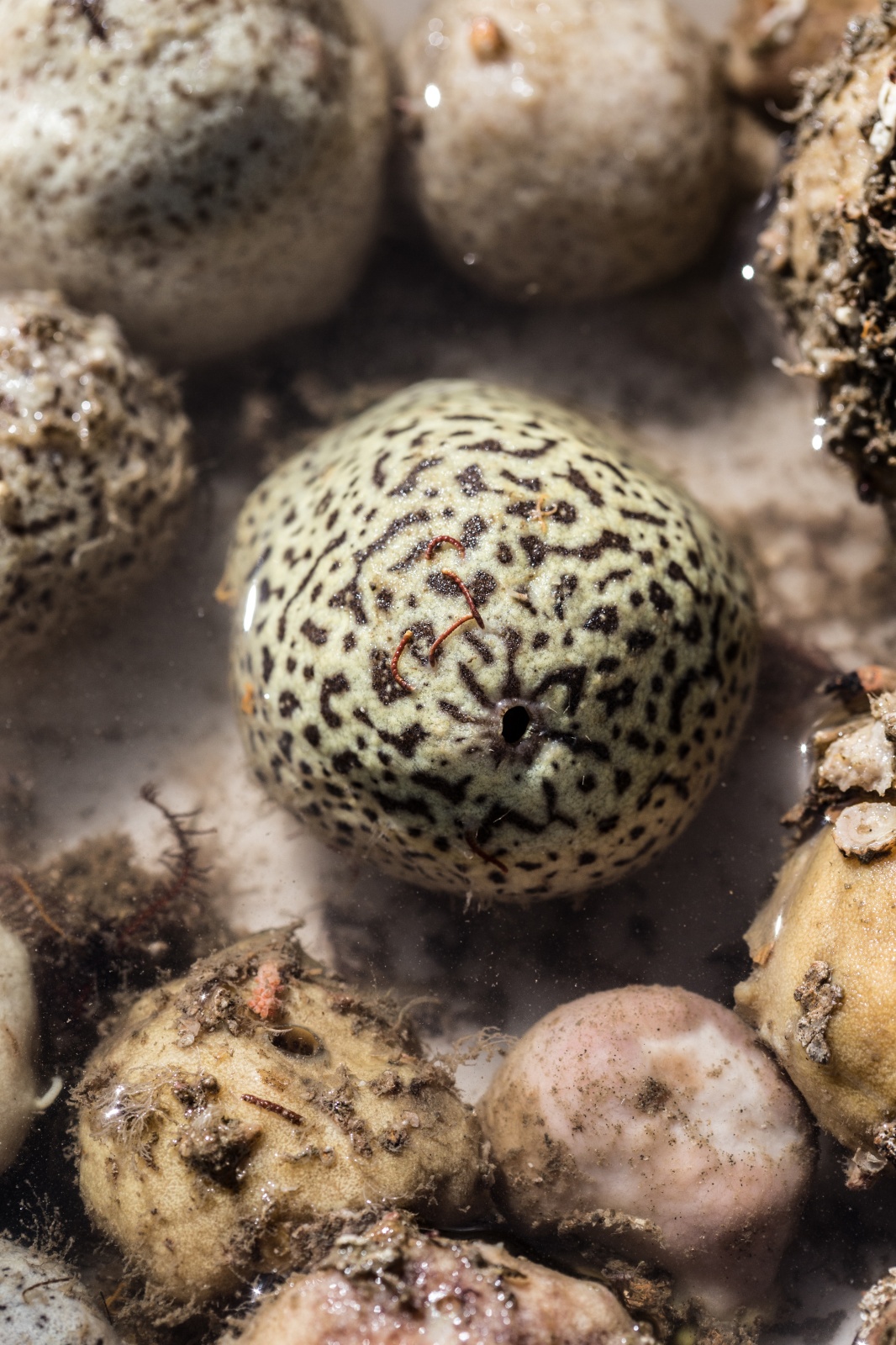
How important is this discovery?
Serge Planes: We discovered a stepping-stone system: a coastal ecosystem with its own biodiversity. More importantly, the mix of different fauna makes the link between ecosystems in the south and in the north, raising many questions as to their adaptation. How do species that are usually found in shallow areas adapt to deeper waters where there is little to no light? How do all these species coexist? How do they find food? What is the role of this ecosystem? Studying these questions is key: it helps us evaluate the plasticity of these organisms and animals, which can further inform our need to adapt as human beings.
Why choose to explore the Amazon Reef?
Edina Ifticene: It all started three years ago, when Brazilian scientists suspected the presence of a reef, 100km from the coast of northern Brazil. They rapidly confirmed the existence of a new ecosystem. We dived with a submarine, brought back images and a few samples. Yet we barely knew it. At the time, we were faced with an opportunity and a threat: the opportunity to study an entirely new reef, its species, composition and origin, and the threat of imminent offshore oil exploration by French company Total. We wanted to prevent the opening of what we call an ‘oil frontier’ and avoid damaging a new ecosystem. In 2018, the second expedition took us to neighbouring French Guyana where we further confirmed the reef’s presence and extension northwards.
What did you learn from the study of the Amazon Reef?
Edina Ifticene: A French National Centre for Scientific Research team was there to document this new ecosystem and highlight how oceans are interconnected. We saw 15 species of cetaceans, including humpback whales, which are a migratory species. We also discovered that French Guyana is a breeding area for humpback whales; this has never been published. We conducted 12 deep dives with biologist divers along the 80 to 150m deep mesophotic reef. We explored 250 hectares of reef and took 2,500 samples. We counted five different reef formations along the 100km we analysed. In the end, the Amazon Reef system was much bigger than we thought.
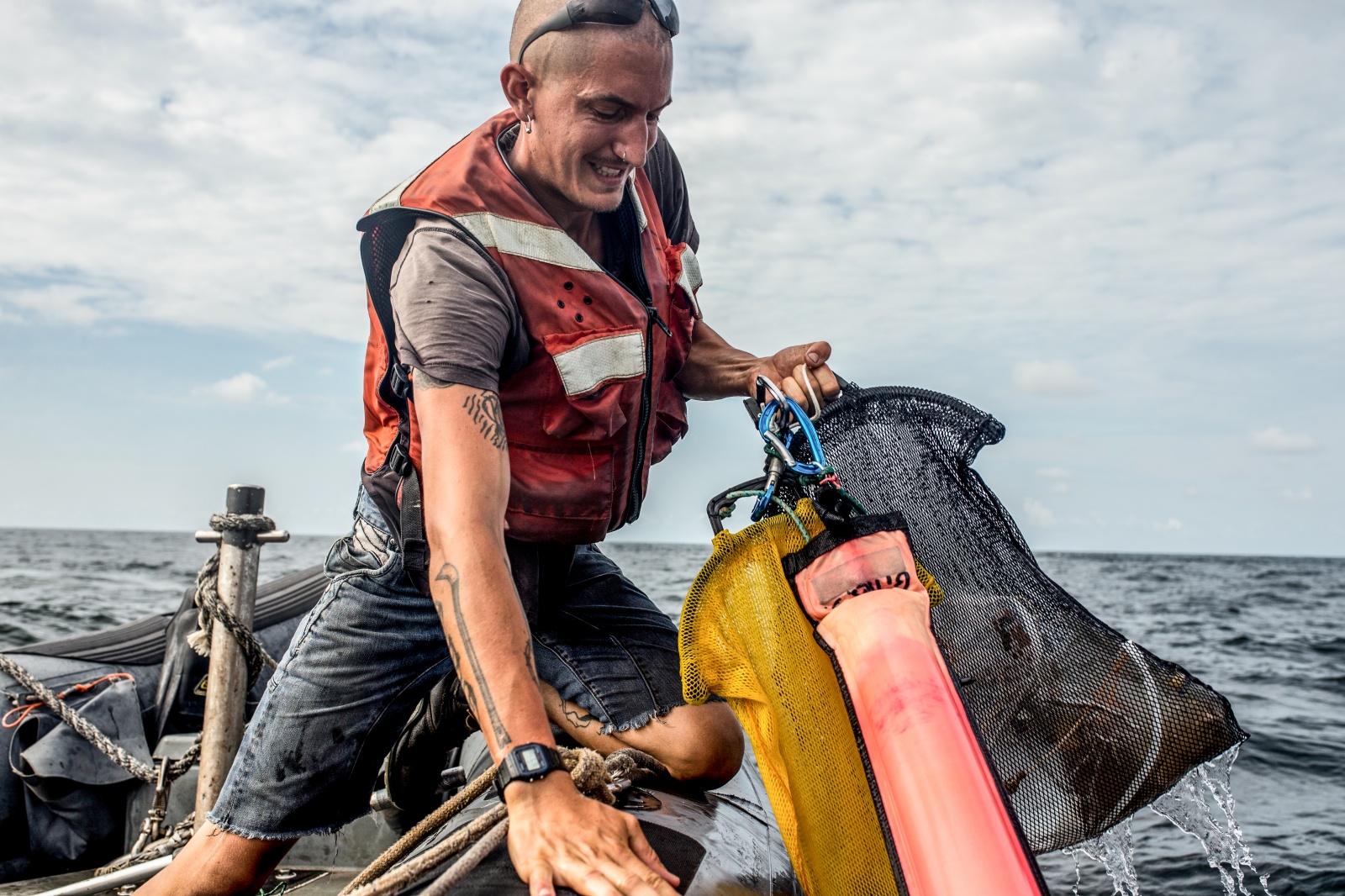
Was there a positive outcome countering the opening of a new ‘oil frontier’?
Edina Ifticene: Yes, we gained the attention of the Brazilian government and reached out to the Brazilian Institute of Environment and Renewable Natural Resources, which orders impact studies to all oil companies before giving them a permit to drill offshore. After failing five times, Total’s request was rejected in northern Brazil. Yet, the threat of oil and deep-sea mining remains in international waters.
What actions could be taken?
Edina Ifticene: During the last COP 21, governments turned to the Intergovernmental Panel on Climate Change, the United Nations’ body for assessing the science related to climate change. They asked for a specific study on climate and oceans. The study came out in September 2019 and the outline is more dramatic than excepted: 66 percent of marine ecosystems are altered by human activities. We know oceans are becoming more acidic; they are also warming up more than forecasted and frozen areas are melting faster than anticipated. Oceans are becoming less and less resilient. We urgently need to protect all wild areas for increased resilience. The scientific community agrees that 30 percent of the oceans should be protected by 2030, which means implementing marine protected areas in the high seas. A Global Ocean Treaty is being negotiated at the UN since the beginning of 2019; once ratified, it will regulate and protect the high seas.
Why is it so hard to protect marine environments in international waters?
Edina Ifticene: There is no jurisdiction. No governance. We need a UN treaty to protect marine life and ecosystems. We are campaigning for it. That is why we launched a year-long expedition from the Arctic to the Antarctic from April 2019 to March 2020 to show oceans are interconnected. The world needs to share a global vision on the oceans: arctic waters are heavily impacted by climate change; the Lost City in the Atlantic is threatened by deep-sea mining; the Sargasso Sea, which is filled with algae that is a nursery for many species, is infested with plastic debris brought by currents. The future of our planet relies on the health and resilience of our oceans.


